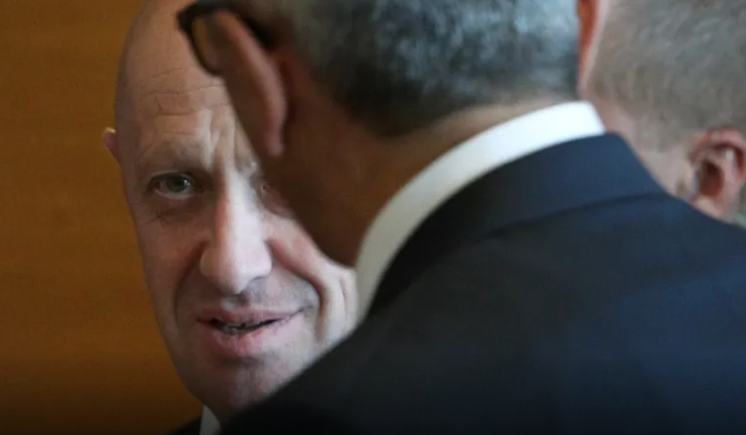Private military companies (PMCs) have carved out a niche for them in warfare. Some governments resort to them to avoid higher political and military costs. PMCs in the US and Europe offer services such as supporting the military with logistics, safeguarding convoys, securing facilities, and training personnel. (Foley & Kaunert, 2022, pp. 179-180). They also carry out specific assignments, such as rescue missions and intelligence-gathering operations in certain overseas locations.
PMCs fall under the legal jurisdiction of the countries where they are registered. Therefore, they are compelled to act in accordance with the laws of those countries. In Russia, the situation is different. Although the Kremlin utilises PMCs in other countries, they are not legally recognised within the Russian Federation. Another difference is that, unlike its international counterparts, Wagner, the most prominent Russian PMC, does not solely aim to maximise profits. It occupies “an equal position with regular army units in the battlespace” (Sukhankin, 2018, p. 5), a position confirmed in the Ukraine War. Such a status is significant as it means Wagner is essential in advancing the Kremlin’s interests.
